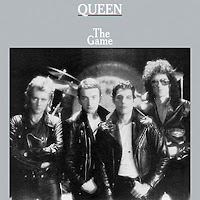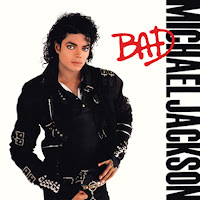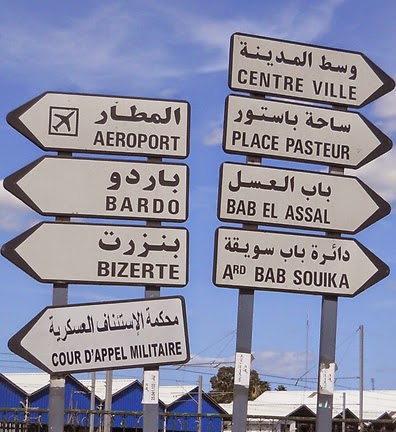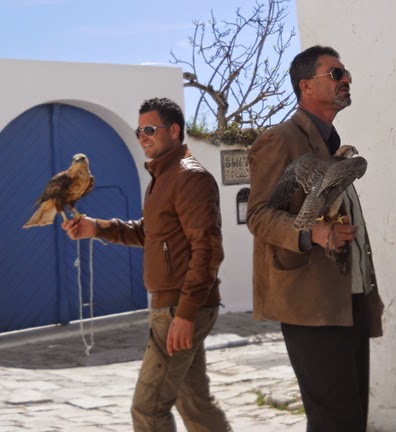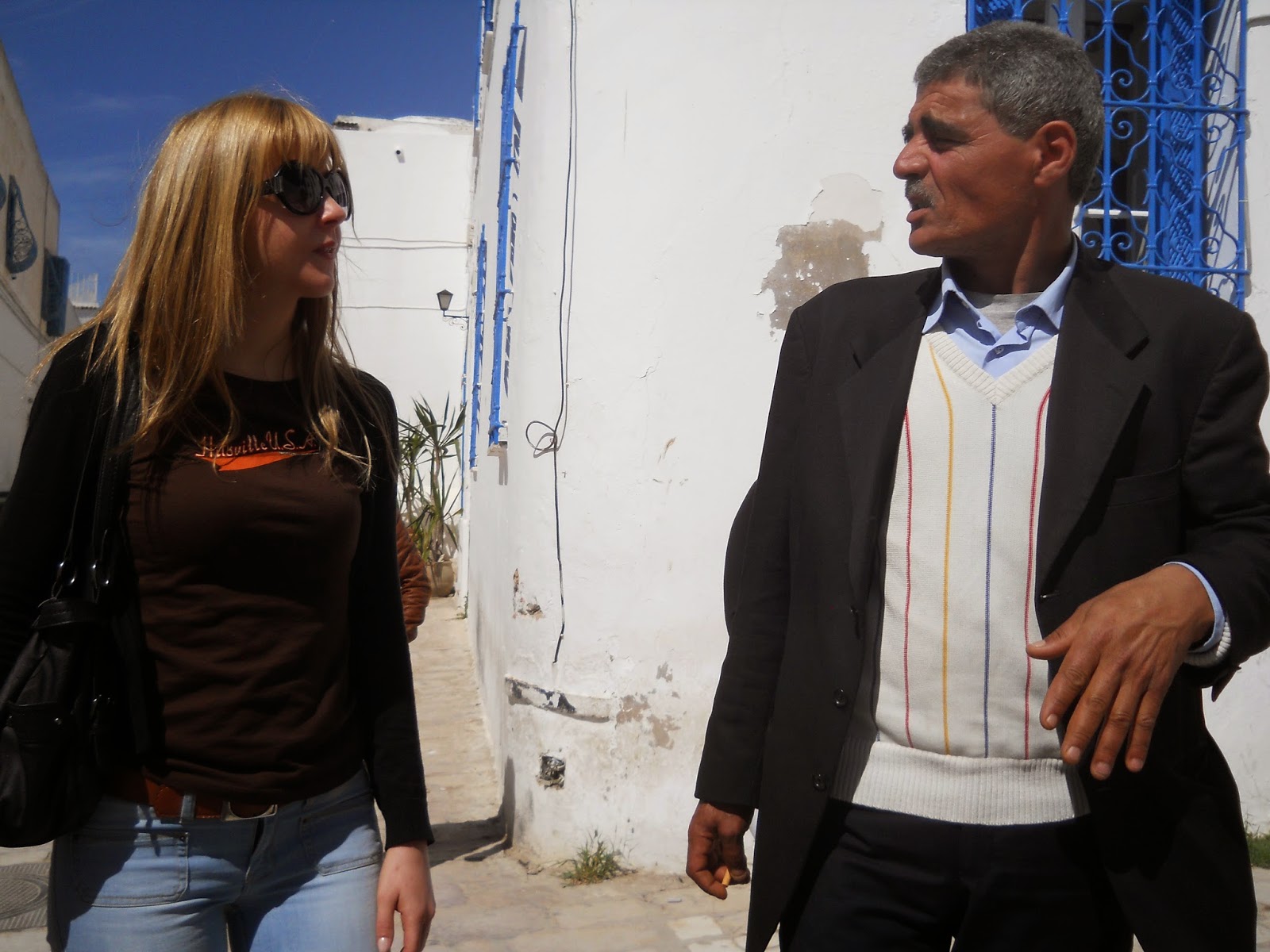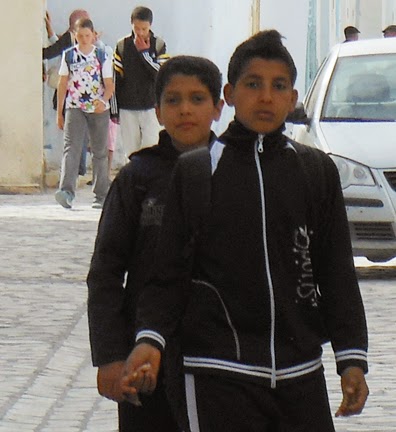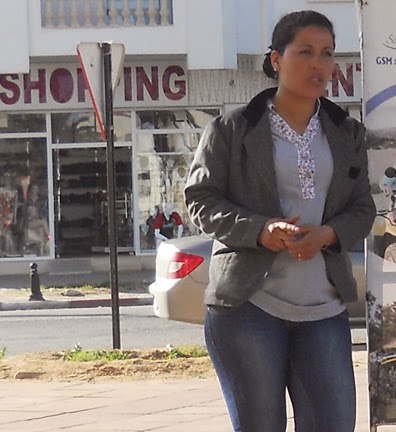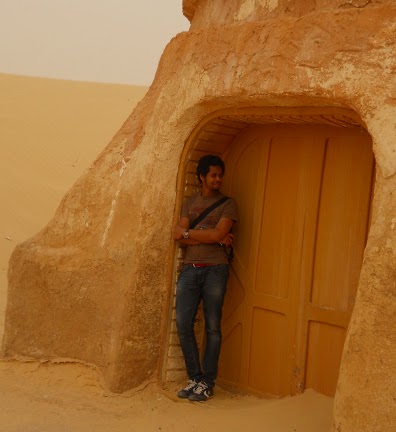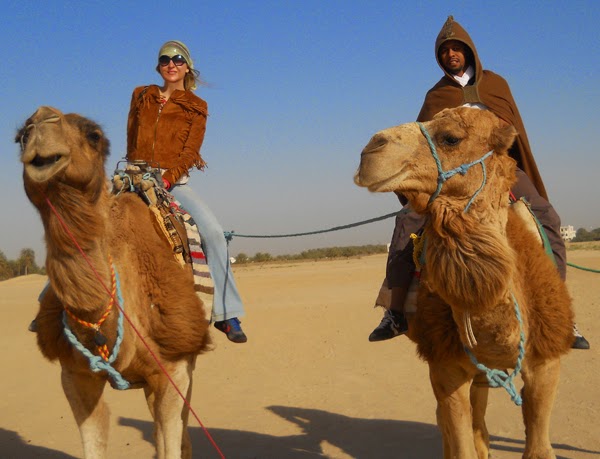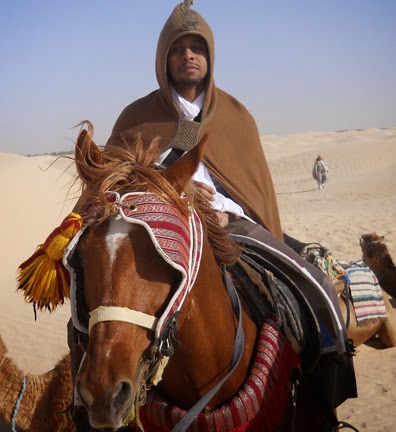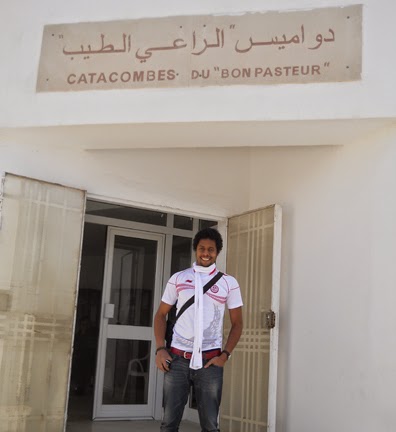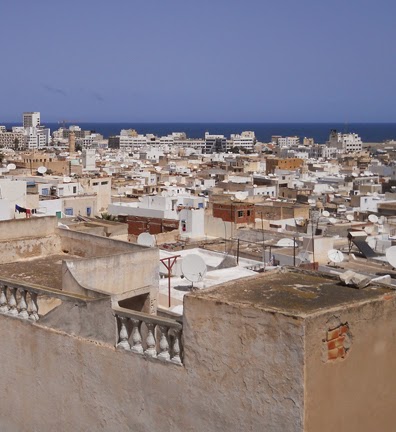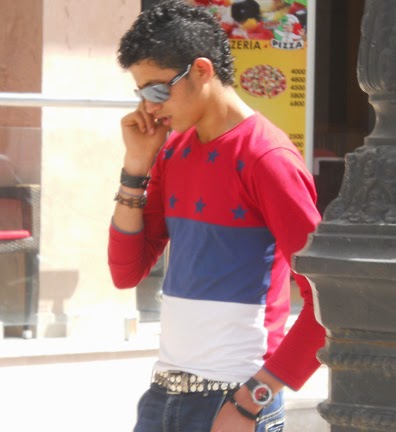— Freddie Mercury, 1985
Two major tragedies struck in January of 1986 that would acquaint me with life's eventual grim reality of death. The first happened on the 23rd, after my cousin Eric was mortally wounded by a resentful classmate, as he waited with a friend for the school bus to arrive at Surrattsville High in Clinton, a Washington, DC area suburb.
He had just turned 18.
Five days later, while watching a live telecast of the Space Shuttle Challenger, which was carrying teacher-turned-astronaut Christa McAuliffe — who had previously taught at Thomas Johnson Middle school where I was attending the 7th grade — I would witness one of the decade's most recognized tragedies, when the spacecraft suffered catastrophic booster failure during its launch, exploded into flames, and instantly killing McAuliffe and its entire crew.
She was 37.
Deeply saddened by the tragedies, it would take years to heal. Despite the former being a cousin and the latter having taught at my school, the real connection comes with trying to make sense of why they were cut down in the prime of their lives for no real apparent reason. I was 13 years old, but for the first time in my life, I was suddenly faced with the often asked question, 'if we are put here to live, why on earth do we die?'
In the coming years, I would endure the passing of many more friends and family members — including my dad. One would assume that a tough skin for bereavement would have developed over the years, but in recent times, my emotional state helplessly catapulted right back to 1986, after learning that my best Bulgarian friend succumbed to cancer.
He was only 35.
"Who wants to live forever?
There's no chance for us.
It's all decided for us.
The world has only one sweet
moment set aside for us."
— Brian May, 1986
KRASIMER YORDANOV WAS BORN AUGUST 8, 1977 during Soviet times in a small Bulgarian town called Nova Zagora, twenty miles west of sister town Stara Sagora. An only child raised by a construction worker father and a mother whom Krassy credits — along with his baba (grandmother) — for stuffing him with "barrels of banitsa" during his early childhood, which contributed to his enormous 6 foot 9 frame. However, no one really knows where Krassy got his extremely fair complexion, pale blue eyes and bleach blond locks. Often sympathizing with my ever-so-present celebrity status, Krassy's colossal height and distinct Scandinavian features frequently made him stand out in the predominately dark haired, olive skinned and averaged height Balkan society.
Krassy loved music.
You're thinking, 'who doesn't?' Well, there are casual music listeners and people who eat, breathe, and sleep music. He and I belonged to the latter. In fact, when I first met him in 2011, after discovering that we were devout Queen fans, the London based rockers formerly lead by Freddie Mercury was always uppermost on our topics discussed during lunch breaks at the American English Academy of Sofia, where Krassy taught secondary English for the last 10 years.
Unconsciously alienating our co-workers with music 101 chats, Krassy and I often playfully argued over whether his favorite Queen album, The Game, was greater than Jazz, my first choice. I'd give just about anything to tell him that we were both wrong. After recently re-discovering A Night at The Opera, it would have killed the competition! — And he'd probably agree. Moreover, since western music was outlawed during Soviet times, Krassy enjoyed hearing me tell stories of various rock and roll act's Stateside debuts, and, in addition, I cherished listening to him relay how these groups secretly penetrated through the communist walls of the Sunflower Capital.
That said, one of the most treasured stories Krassy revealed was his introduction into the wonderful world of popular music in 1987 via Michael Jackson's Bad album. After he was given the sole Bulgarian bootleg of the follow-up to the world's best selling album from a neighbor whom Krassy admirably described as his "music mentor," he instantaneously fell under Bad's charm, prompting the 10 year old to make copies and peddle the Quincy Jones produced record throughout major Bulgarian cities. After hearing such a heartwarming story, I would often credit Krassy for introducing the Sunflower Capital Of The World to the King Of Pop, an accolade that made his usual serious demeanor light up with a smile.
Krassy had never been to America, but loved the country as if it were his own. He'd often dream of one day traveling to the States, in hopes of meeting my family — especially my older brother Carlos of whom I'd often say he resembled in personality. Other than his friendly and mellow disposition, perhaps it was because, like Carlos, Krassy was the ideal father to his four year old son, which he fathered with a high school sweetheart. Unfortunately, the couple's brief union ended in a bitter divorce, which often troubled Krassy. But despite the failed marriage, he made a point of alternating weeks between his ex-wife to spend time with his son.
With that said, this made the news all the more unbearable, after Krassy disclosed his diagnoses of advanced stage melanoma to me. Though my towering friend fully understood the severity of the illness, he remained extremely optimistic and fought hard up until the final hours of his life where he peacefully passed away at his childhood home in Nova Zagora on the morning of February 27, 2013.
"One by one
Only the good die young
They're only flyin' too close to the sun
And life goes on without you..."
— Brian May, 1997
THE DAY AFTER THE SPACE SHUTTLE Challenger disaster was a day of deep mourning at Thomas Johnson Middle and the world over. The school seemed to have been on manual mode, as grief counselors were made available throughout various classrooms to assist students and fellow co-workers of Christa McAuliffe. Several teachers delivered key speeches in the school's auditorium, which would bring about some relief to the disaster.
Fast forward to the morning of February 28, 2013 and the American English Academy of Sofia has officially announced Krassy's passing. Although I didn't deliver any uplifting talks on stage, the news did place me in a similar counselor-like position to students trying to make sense out of the untimely passing of their favorite teacher — most of whom had grown up with Krassy.
Though difficult at times, I had to be there to support them and remain strong. With that said, no one thought this day would ever come to pass. Many, myself included, assumed Krassy would ultimately beat the cancer.
COUSIN ERIC'S FUNERAL OCCURRED several days after he was murdered. It was the first time I'd ever attended a funeral. At first I didn't want to go, but mom relayed the importance of saying goodbye to a loved one, and stressed the vitality of supporting the living. At the time, I had no idea what she was talking about. "If they're alive," I reasoned, "why in the world would they need support?" Despite the confoundedness, I could feel the serious nature of my mother's words, so I trotted along with my older siblings and grudgingly attended my cousin's funeral.
Upon approaching my friend Krassy's memorial service, that same funeral shy 13 year old would jump right back into my body. I didn't want to go. It wasn't until the morning of the burial that I'd recalled my mother's words once again, which inspired me to attend my friend and colleague's goodbye service. Moreover, 25 years on, it wasn't until I was at Krassy's funeral, when I could fully comprehended the meaning behind the conversation I had.
"You're the best friend
That I ever had
Been with you such a long time
You're my sunshine
And I want you to know
That my feelings are true
I really love you."
— John Deacon, 1975
IF YOU WANT TO BRING FLOWERS TO the departed at a Bulgarian Orthodox memorial service, there must be an even amount of them placed on the grave. Most Bulgarians attribute this even-over-odd tradition with the Sunflower Capital's overtly superstitious past. With this in mind, Sarah readied me beforehand with an even number of lovely long stemmed white roses, then I gassed up Xena and headed out solo to Nova Zagora.
When I finally arrived and began to file through the sizable funeral procession, which was held in the living room of Krassy's childhood home, from a distance I could see his parents of whom I had yet to meet. They were tearfully distraught, but graciously greeting guests, who were bidding a final farewell to the Yordanov's only son, who lay in a wooden Orthodox casket, looking quite unrecognizable, as he was noticeably absent of the typical embalming burial methods — either for financial reasons or time restrictions, as the Bulgarian Orthodox religion includes a strict tradition of burial soon after death.
Whatever the case, all the reasons why I don't like to attend funerals would make an appearance — mainly plenty of sad and crying faces, which included a heartbreaking vision of Krassy's ex-wife, who was immediately ushered from the procession after repeatedly crying out "that's not Krassy!" (in Bulgarian).
Krassy and I were close friends. But like typical straight males, we never expressed just how much we appreciated each other's company in life. So, when I finally reached his coffin, all the things we didn't convey would somehow magically come to light. You see, Krassy must have showed his parents a photograph of me, because they were instantly revived when I entered the room; soon after embracing me with hugs and Bulgarian style kisses, as if I were their long lost second son.
Not realizing I spoke about 100 words of Bulgarian, Krassy's parents started freely speaking in their native language. Thankfully, Tsveta, my friend and principle at the American English Academy of Sofia, was there by my side to help interpret. As I stood there holding up the funeral procession, feeling quite embarrassed of the unwanted attention I was receiving at my best friend's funeral, Krassy's parents relayed just how much my friendship had meant to their son and how, with each visit, he'd share many wonderful stories of me. I too was able to finally express my feelings for their son, as well.
In addition to seeing that my good friend acquired his enormous height and sincerity from his father and that loving, easygoing carefree spirit from his mother, in that brief meeting with his parents I also discovered why my mom said, "funerals are to support the living." Anyone could notice that Krassy's parents were truly pleased to see me, and, even if it was just for a brief moment, could see that the grieving couple could use a smile.
"Those were the days of our lives.
The bad things in life were so few.
Those days are all gone now,
But one thing is true.
When I look and I find,
I still love you."
— Roger Taylor, 1991
DRIVING HOME FROM THE FUNERAL, WITH the sounds of Queen blasting full volume, I reminisced over the countless good times shared with Krassy. Attending Bulgaria's most noted musical festival known as Kavarna Rocks (where Krassy once shielded my girl from the north country from the rowdy metal moshing crowd — see Episode 36) or simply having a laugh at school instantly dried my tears.
However, the best and possibly funniest moment that I won't forget was during one of our many shopping days. You see, in addition to a mad passion for music, Krassy and I shared a common interest in all-things fashion. On a weekly basis, he'd often compliment my outfit and ask, "where'd you learn how to dress like that?" My usual response was "The Beatle's, dude!" He'd flash that slight smile and nod, "you couldn't have chosen better fashion models."
With the Beatles in mind, on this particular outing I was anxious to get my best Bulgarian friend's opinion on a Sgt. Pepper's... style shirt I had discovered at The New Yorker, Krassy's all-time favorite shopping chain. A mandatory school rule is to address each other as "Mr." or "Ms." which made it both natural and habit forming to call Krassy (or any other co-worker) as such — even outside of the school's grounds.
After trying it out for size, I yelled out, "check out this shirt, Mr. Krassy!" as Bulgarian shoppers looked on as if to say, 'why is this American being so formal?' When Krassy, who was on the other side of the store, finally approached, he crouched down to my level to be clearly heard. Looking me straight in the eyes, he insisted, "It's just Krassy. We are no longer at school."
"All dead, all dead
But I should not grieve
In time it comes to everyone
All dead, all dead
But in hope I breathe
Of course I don't believe
You're dead and gone."
— Brian May, 1977
THE SUBJECT OF DEATH IS A REAL DOWNER to discuss, I know. And believe me, I initially didn't want to introduce the topic to the usual upbeat and happy-go-lucky Blog-O-Daria series. But on the day of the announcement of Krassy's passing, it would be a distraught 10th grader who unconsciously changed my perspective on the matter.
As the shy and soft spoken female sat dazed and confused in a corner outside of my classroom, I tried offering her a few words of comfort. However, before I could utter a single one, she cried out, "this really sucks, Mr. Owen! When a person dies, they're just gone and forgotten — forever!"
I'll admit, at first I didn't know what to say. I thought to myself, "unless you're the President of the United States or some famous rock star, in many ways what she said is correct." But there was no better time than now to start changing this bleak outlook in the hearts of young minds. I suggested, "if what you say is true, then it's up to us to keep the memory of Krassy alive."
She shrugged and wiped away the tears. But I could tell she understood.
Be seeing you,
O



